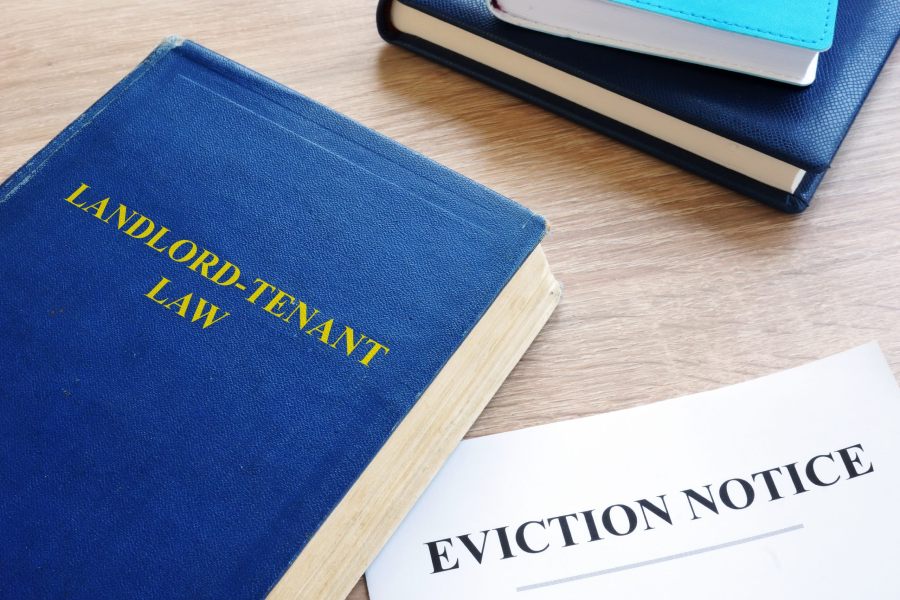Gas safety certificates and Section 21 evictions – good news for residential landlords
In a welcome move for landlords, the Supreme Court has provided some long-awaited clarity on how late compliance with providing a gas safety certificate affects, or rather doesn't, Section 21 eviction procedures.
It finally ends fears that innocent mistakes by responsible landlords in providing tenants with a gas safety certificate could result in them losing the ability to serve a Section 21 notice.
How does current law link gas safety certificates and Section 21 procedures?
The Deregulation Act 2015, which has applied to all assured shorthold tenancies since 1 October 2018, says that landlords need to give any tenant a gas safety certificate and an energy performance certificate (EPC) free of charge before they are given keys to the property.
Failure to do so means that any Section 21 notice served on the tenant could be deemed invalid and fail.
Why is this ruling so important for landlords?
Two-years-ago, in Trecararrel House Limited v Rouncefield 2020, the Court of Appeal ruled that failing to provide a tenant with a gas safety certificate before they moved in did not prevent a landlord from recovering possession of their property.
However, the tenant in this case tried to overturn the judgement in the Supreme Court which finally - after months of legal wrangling - rejected this move in April (2022) by refusing to grant permission for an appeal.
This means that the interpretation of the law accepted by the Court of Appeal in June 2020 remains binding on district judges who deal with possession claims.
As a result:
- A landlord who has failed to provide a new tenant with a gas safety certificate before they move in can remedy this by providing it late;
- Mistakes in providing a gas safety certificate will not result in a landlord losing the ability to serve a Section 21 notice;
- Failing to complete a subsequent annual check on time - not always easy in recent times - won't bar a landlord from serving a Section 21 notice as long as the gas safety certificate is given to the tenant before serving the Section 21 notice.
Why did the Supreme Court deny the appeal?
The application was turned down on the basis that it did not raise a point of general public importance.
Lawyers also believe that the government's plans to abolish Section 21 evictions, probably next year, played a part.
Get in touch
Wards Solicitors' specialist dispute resolution lawyers have years of experience in all types of property dispute, advising business owners, landlords and commercial tenants.
We're known and respected for our straightforward, pragmatic approach and will talk you through all your options, working with you to find practical and cost-effective solutions.
For further information, help or advice about this area of the law, or to discuss any aspect of a dispute, please contact Sophie Driscoll or any member of our Commercial Property Disputes team.


